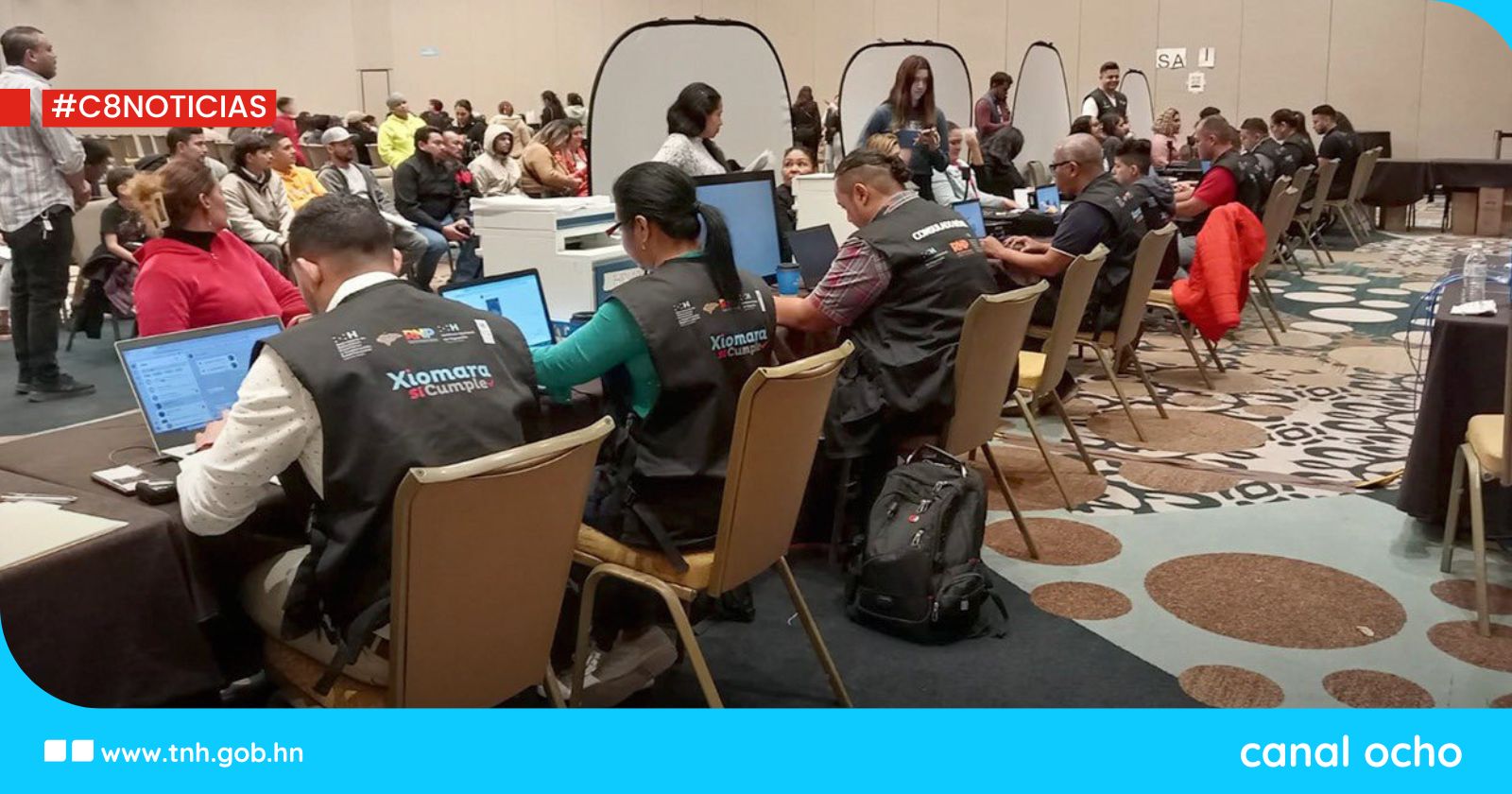Tegucigalpa, Honduras (11/19/2024).- In an impressive start to operations, the Mobile Consulate of Honduras in Austin, Texas, United States, has registered a record of attendance in the first week.
In those days, a total of 5,312 consular services were delivered. This innovative service, which seeks to bring consular procedures closer to Hondurans residing in the area, has managed to exceed expectations, providing assistance and essential documents to the local community.
In the breakdown of the figures, the delivery of more than 2,500 passports, a total of 508 legal documents, and 2,233 services related to the National Registry of Persons (RNP) stand out.
These numbers reflect the strong commitment of the diplomatic representation to facilitate access to vital services, without the need for citizens to travel to the consular headquarters in other cities or states.
The Mobile Consulate is part of an ongoing effort by the Government of Honduras to expand consular coverage in the United States.
YOU CAN READ: The death toll in Honduras due to storm Sara rises to three
Share this post
1. Can you both introduce yourselves and share your thoughts on the importance of consular services for Honduran citizens living abroad?
2. How does the Mobile Consulate initiative in Austin, Texas aim to improve consular services for Honduran residents in the area, and what other potential benefits do you see from this program?
3. What were some of the key challenges in setting up the Mobile Consulate, and how were they overcome?
4. Could you provide more information on the specific services provided by the Mobile Consulate and the demand for them? Can you highlight any noteworthy statistics or stories of assistance given?
5. The Mobile Consulate is part of a wider effort to expand consular coverage in the United States. What other plans or initiatives are being considered to better serve the Honduran diaspora in different parts of the country?
6. Do you think the success of the Mobile Consulate could lead to similar programs in other countries or regions where there is a large Honduran population? Why or why not?
7. How can the Honduran government and authorities further improve consular services for citizens both at home and abroad, and what role does technology play in this process?
8. what message would you like to convey to Honduran citizens living abroad about the importance of staying connected to their homeland and accessing consular services when needed?


